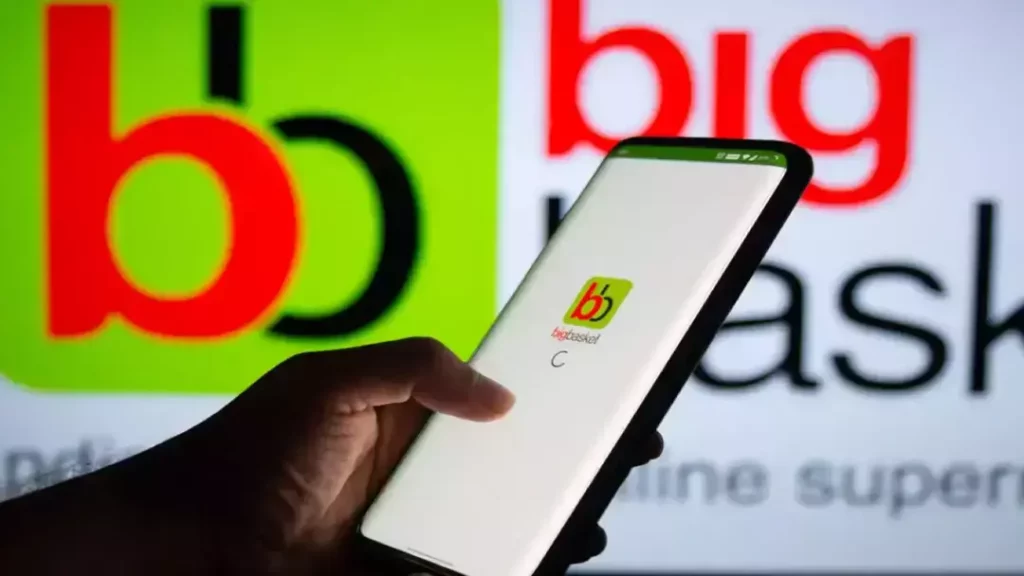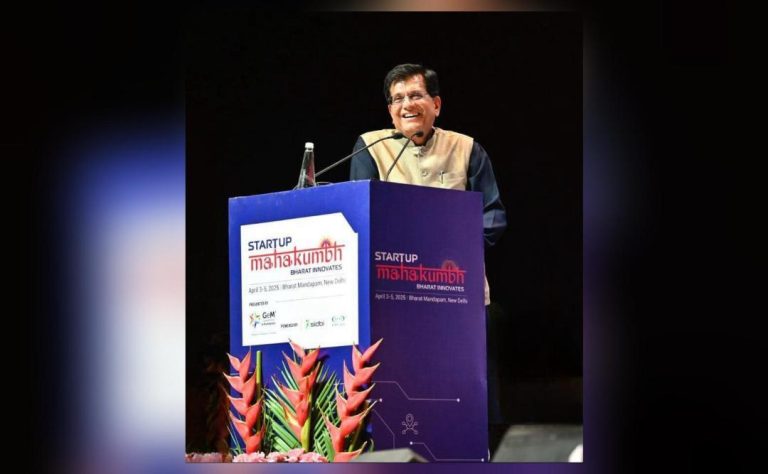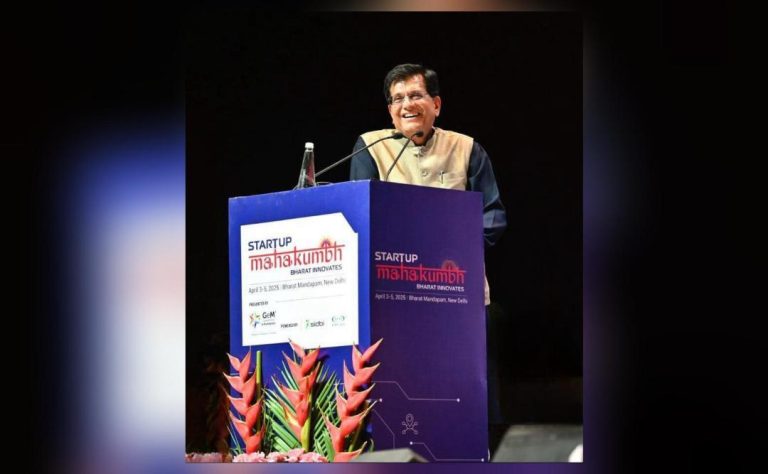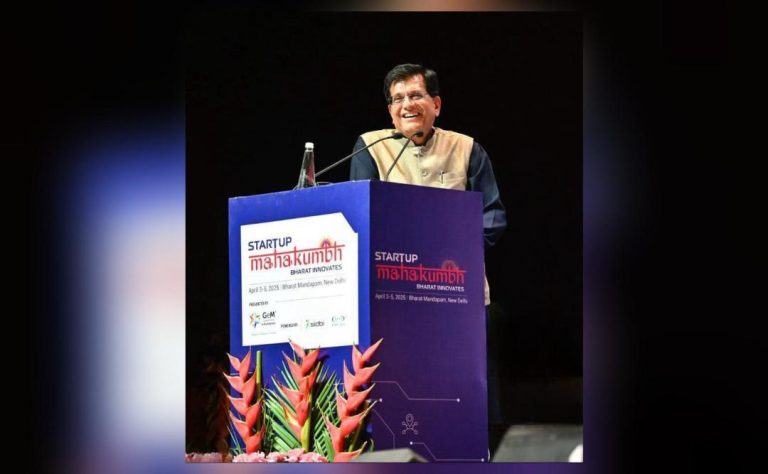
Didn’t Imagine People Will Adapt to Quick Commerce: BigBasket
The rise of quick commerce has been a game-changer in the e-commerce industry, with numerous players entering the market to offer instant delivery of groceries and other essentials. However, BigBasket, one of the pioneers in the online grocery space, is confident that its inherent supply chain benefits will help it outdo its rivals in the long run.
In an interview with Moneycontrol, K Ganesh, promoter and founder director of BigBasket, expressed surprise at the rapid adoption of quick commerce services by consumers. “Nobody, neither BigBasket nor anyone else, imagined that consumers would adapt to quick commerce in this manner,” he said.
BigBasket’s entry into the quick commerce space was a response to changing consumer behavior and the growing demand for instant delivery. The company had noticed a significant increase in demand for same-day delivery of groceries, particularly during the pandemic. To meet this demand, BigBasket launched its quick commerce service, which offers delivery of groceries and other essentials within 30 minutes.
However, Ganesh believes that BigBasket’s strength lies in its supply chain, which is designed to provide a seamless experience to customers. The company’s model is built around a network of local stores and logistics hubs, which enables it to offer a wider range of products and faster delivery times.
“We have a very strong supply chain, and our logistics team is very efficient. We have a robust network of stores and logistics hubs, which enables us to deliver products quickly and efficiently,” Ganesh said.
BigBasket’s supply chain benefits are evident in its ability to offer a wider range of products, including fresh produce, meat, and dairy products, which are typically harder to source. The company’s logistics team is also equipped to handle high volumes of orders, ensuring that customers receive their products on time.
In contrast, quick commerce players like Zepto, Blinkit, and Instamart rely on a network of small, unorganized stores and third-party logistics providers, which can lead to delays and inconsistencies in delivery.
Ganesh is confident that BigBasket’s supply chain benefits will help it maintain its lead in the market. “In the long run, our strength will be our supply chain. We have a very strong foundation, and we are confident that we will be able to maintain our lead,” he said.
BigBasket’s quick commerce service has been a huge success, with the company reporting a significant increase in sales and customer acquisition. The company is now looking to expand its quick commerce services to more cities and is also exploring opportunities to roll out its quick food delivery service.
Ganesh believes that the quick food delivery market has huge potential, and BigBasket is well-positioned to capitalize on it. “The quick food delivery market is huge, and we see a lot of potential for growth. We are exploring opportunities to roll out our quick food delivery service, and we are confident that it will be a success,” he said.
In conclusion, BigBasket’s entry into the quick commerce space was a response to changing consumer behavior and the growing demand for instant delivery. While the company was initially surprised by the rapid adoption of quick commerce services by consumers, it is now confident that its supply chain benefits will help it maintain its lead in the market. As BigBasket continues to expand its quick commerce services and explore opportunities to roll out its quick food delivery service, it is likely to remain a major player in the e-commerce industry.





